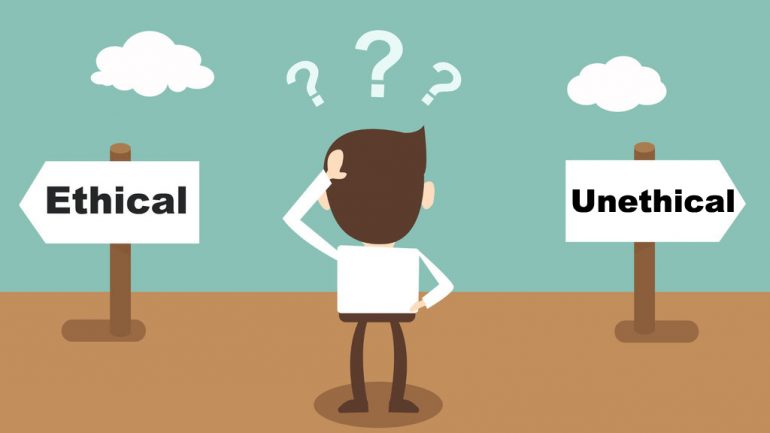In today’s digital landscape, the legality of buying reviews in 2025 has become a hot-button issue for businesses across industries. With platforms like Google Reviews and Trustpilot tightening their authenticity guidelines, it’s essential for companies to understand what’s legal, what’s not, and how to build trust ethically.
Many companies are tempted to buy reviews as a shortcut to success—but this practice carries significant legal and reputational risks. Instead, using ethical review posting services and focusing on real customer feedback can help businesses grow more sustainably.
Read our complete guide to online reputation strategy in 2025.
- Google’s Review Guidelines → https://support.google.com/business/answer/7409704
- Trustpilot’s Reviewer Guidelines → https://legal.trustpilot.com/for-businesses/guidelines-for-reviewers
The quick response? Yes, but with important disclaimers.
The legal ramifications, moral limits, repercussions, and tactical options of purchasing reviews in 2025 will all be covered in this comprehensive piece. We’ll also go over why a sustained emphasis on authenticity will benefit your company much more than shortcuts.
Online reviews are now one of the most important considerations for consumers when making decisions in today’s highly digitalized business world. Customers use sites like Google, Trustpilot, Yelp, and Facebook to assess a brand’s legitimacy, whether it’s a restaurant, software firm, or online retailer. But along with this reliance comes a contentious query that many companies silently pose: “Is it legal for us to purchase reviews?”

✅ What Is Allowed:
- Paying for honest, unbiased reviews with full disclosure. For instance, sending a free product in exchange for an honest review is legal if the reviewer clearly states they received the item for free.
- Sponsoring reviews or user-generated content as long as it’s transparently labeled (e.g., #ad, “Sponsored Review,” etc.).
- Incentivizing reviews with non-monetary rewards (like discounts or coupons) only if they do not require a specific rating.
❌ What Is Illegal or Unethical:
- Paying for fake 5-star reviews with no genuine experience.
- Using review farms or bots to mass-publish reviews across platforms.
- Withholding negative reviews while publishing only positive ones.
- Falsifying reviewer identities or impersonating customers.
According to the Federal Trade Commission (FTC) in the U.S. and similar agencies in Europe and Asia, misleading reviews constitute “deceptive marketing practices,” which are subject to penalties, lawsuits, or bans from platforms.
The Repercussions of Purchasing False Reviews
The hazards are much greater than the rewards, notwithstanding the allure of quick profits.

1. Penalties on Platforms
Platforms like Google, Amazon, Yelp, and others employ AI algorithms to identify odd review trends. Violators may encounter:
- Listing suspension
- Elimination of every review
- Permanent prohibitions
2. Consequences for the Law
Regulators have the authority to enforce:
- Penalties from $5,000 to more than $100,000
- Name and shaming in public
- Lawsuits brought by rivals or customers
3. Reputational harm
Your audience may never trust you again if they discover that your reviews are phony or purchased. online reputation strategy in 2025
4. De-ranking in search engines
Search engines may penalize websites that engage in deceptive review practices, which would negatively impact your organic traffic.
Alternative Approaches to Legal and Ethical Review
If purchasing reviews seems hazardous, think about these beneficial & sustainable alternatives:
1. Request Testimonials from Actual Clients
Motivate pleased clients to submit reviews by:
- Email follow-ups
- Reminders via SMS
- QR codes on invoices
2. Provide Rewards Without Trickery
Give customers loyalty points or minor discounts for leaving any kind of review, not just good ones. Make sure the offer is unaffected by the review’s content.
3. Make Use of Review Management Systems
Review collection can be automated and organized ethically with the use of platforms such as Podium, Trustpilot, Yotpo, and NiceJob.
4. Emphasize Customer Reviews on Your Website
Transform genuine reviews into:
- Case Studies
- Sections highlighting customers
- Google reviews incorporated
5. Pay Attention & React.
Responding promptly and expertly to evaluations, both good and bad, demonstrates your concern for your clients, which naturally fosters trust.
Advantages of Correctly Creating Genuine Reviews
There are long-term advantages to creating a true review environment that no quick cut can match:
- Increased Brand Trustworthiness
Genuine user reviews increase customer trust by validating your products and reflecting sincere experiences.
- Enhanced Search Engine Ranking
Businesses with regular, genuine, and varied reviews are rewarded by Google with increased local SEO visibility.
- Increased Conversion Rates
92% of buyers say they are more inclined to buy a product after reading a reliable review (source: BrightLocal, 2024).
- Better Community Development
When consumers feel valued and heard, they become brand ambassadors who not only recommend the brand to others but also return.
The Psychology of Genuine Reviews
People have a psychological predisposition to believe social proof. A sincere, even mildly critical review is more credible than a dozen reviews that are blatantly flawless. This is due to:
- Genuineness seems relatable.
- Credibility is increased by imperfection.
- Customers can make better decisions when they read fair reviews.
This confidence is destroyed by purchasing phony reviews.
Trends for the Future: What to Anticipate in 2025 and Beyond
The landscape of reviews is getting smarter. By 2025:
- Verification techniques driven by AI are identifying the validity of reviews in real time.
- Reviews that are voice-based are becoming more and more popular.
- To prevent manipulation, review platforms are implementing verified-purchase-only filtering.
Therefore, making an investment in long-term authenticity is not only morally right but also necessary for survival.
Conclusion: Does It Make Sense to Purchase Reviews?
Although theoretically feasible, purchasing reviews is riskier than ever in 2025. The shortcut rarely pays off because of the potential for legal issues, moral transgressions, and long-term harm to your brand.
Rather, make a commitment to obtaining authentic reviews. You can create a solid, long-lasting reputation that sells itself if you have the correct resources, provide a consistent client experience, and act transparently.

